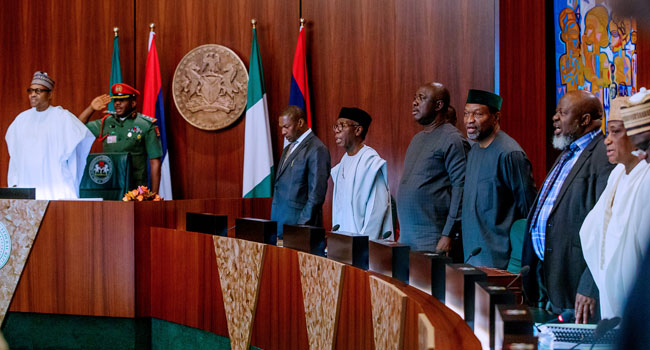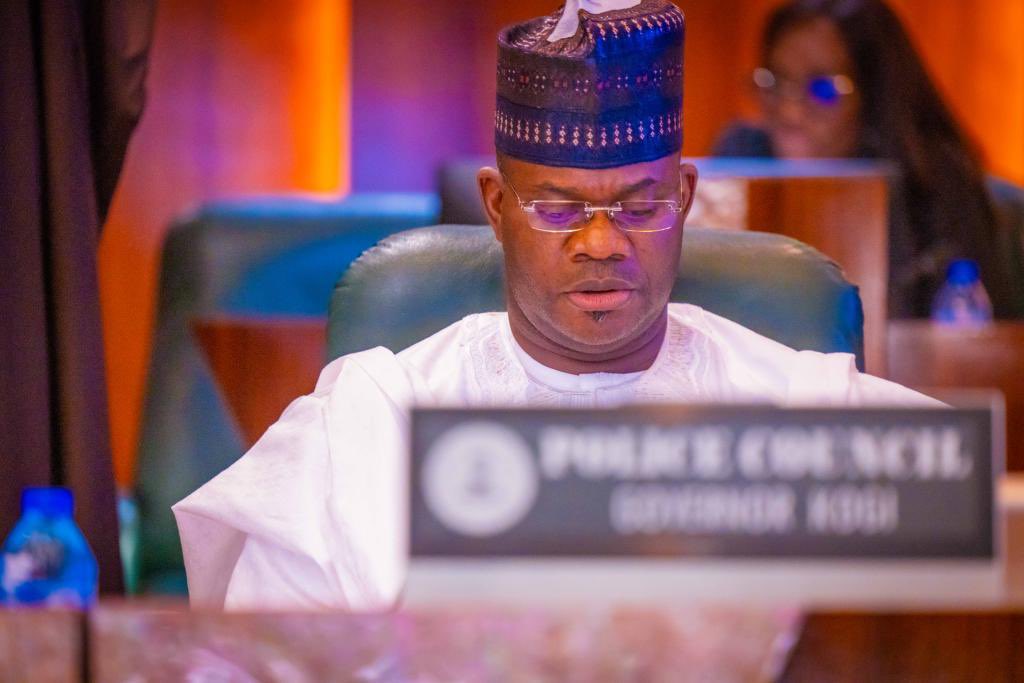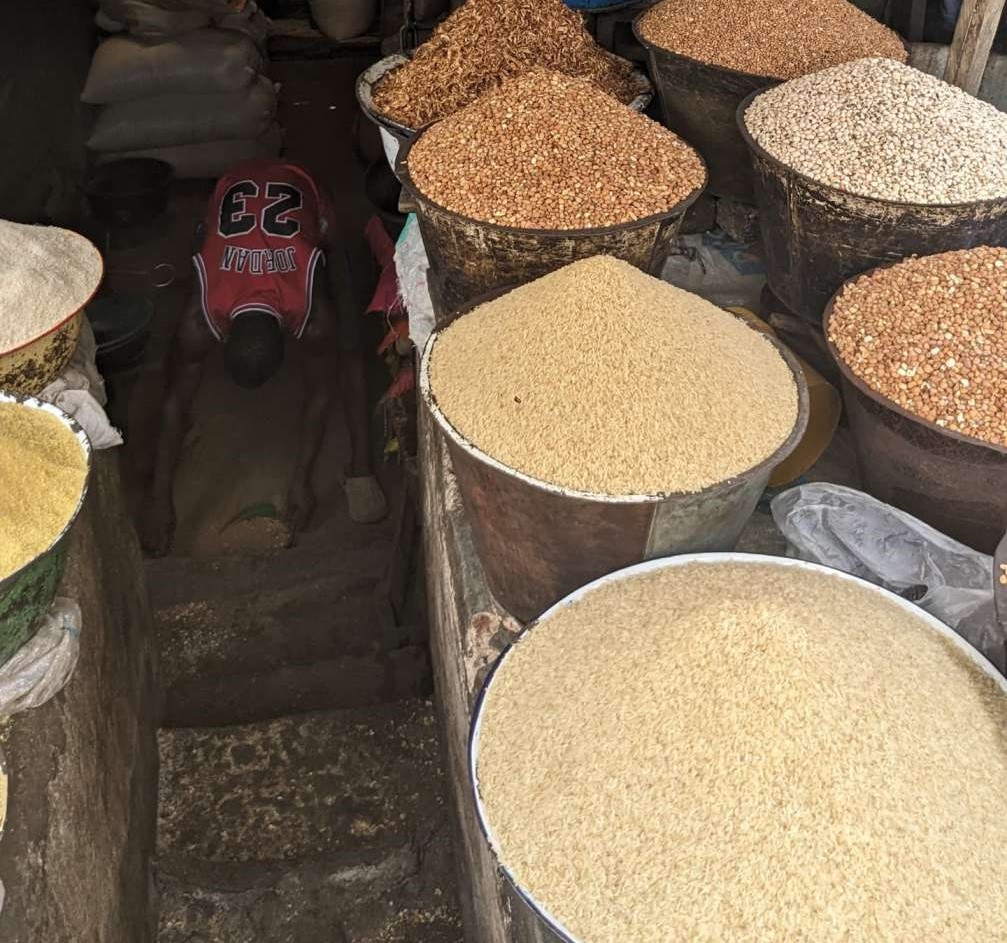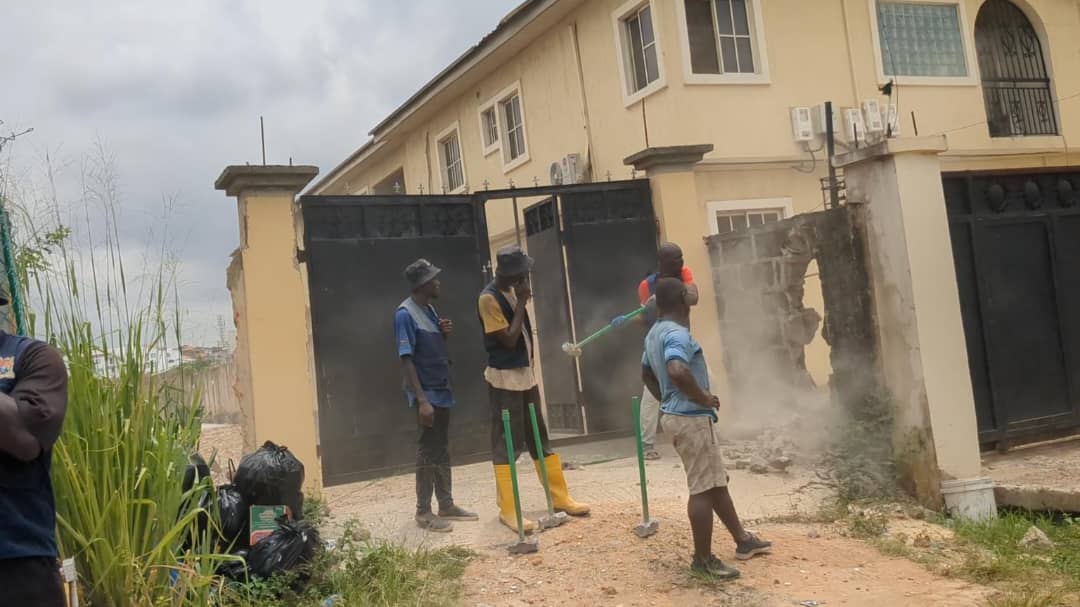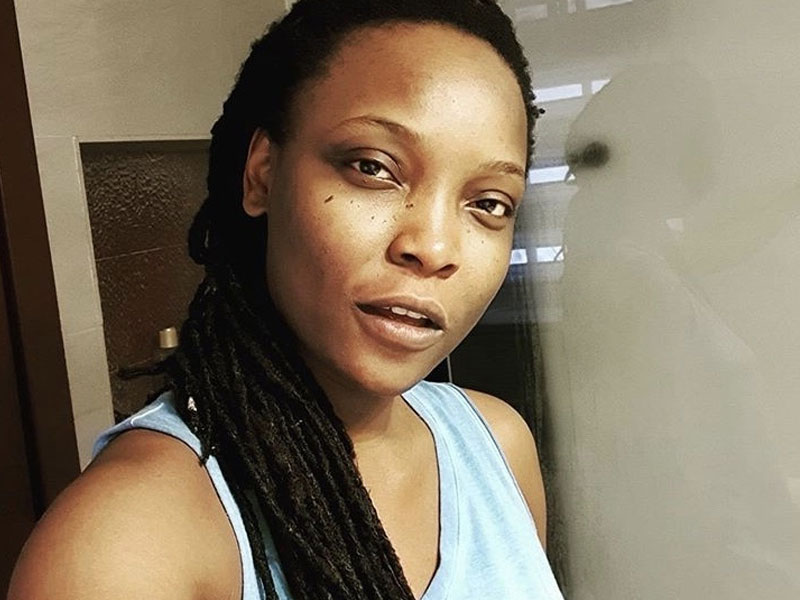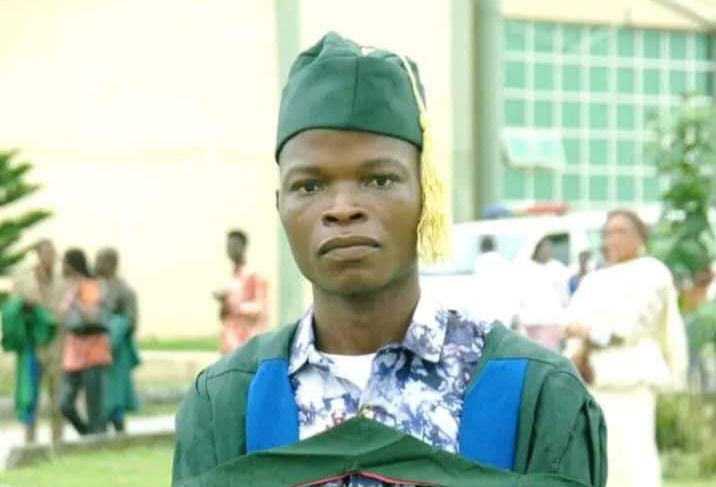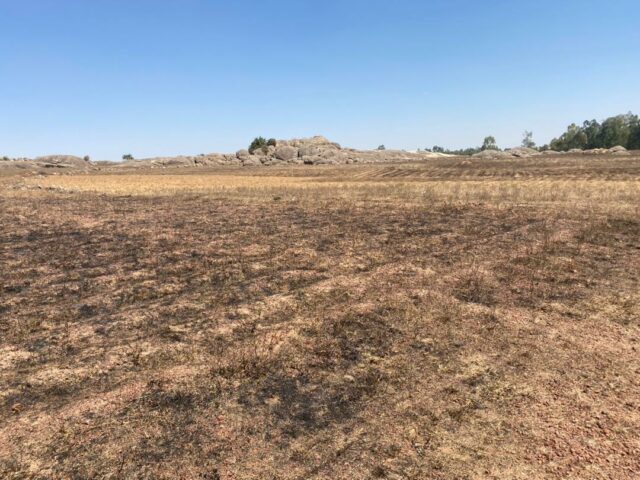The federal government’s decision to lift an eight-month ban on Twitter in Nigeria has been greeted with mixed reactions.
While most of the social media application users chided the government for its unfair treatment of its citizens over its usage, some simply resumed usage, posting various memes to mock the country’s leadership over what they termed a deliberate move to stifle one of the most important rights of citizens under a truly democratic setting: the freedom of expression.
As Nigerians resume a life of Twitter usage without the help of Virtual Private Networks (VPNs) to bypass the FG’s restriction, many believe the latter’s sudden change of heart after resolutely imposing the ban for 222 days, has got significant undertones.
READ ALSO: BREAKING: FG Lifts Twitter Ban
As the popular saying goes, there is no smoke without fire.
Below are the five messages from the federal government’s statement announcing its lifting of the ban on Twitter.
TWITTER WILL PLAY A ROLE IN THE 2023 ELECTION
As soon as the announcement was made on the evening of January 12, many Nigerians took to their social media handles to say it was a political move, considering the fact that the next general election was only a year away.
This belief is not far from the truth, judging from the excerpt below:
Considering Twitter’s influence on our democracy, our economy, and the very fabric of our corporate existence as a Nation, our priority is to adapt, not ban, Twitter.
READ ALSO: BREAKING: Twitter Now Accessible Without VPN
The statement clearly showed that the government realised the importance of the application in pushing agendas and campaigning as the 2023 elections loom.
The FG is also aware it would be seen as an oppressive government, not only by its citizens, but by the international community, should the ban stretch to 2023.
GOVERNMENT BECOMING AUTOCRATIC
Since the Buhari administration came to power, there have been several instances where citizens of the country were subjected to harassment by agents of state over comments deemed to be security and safety threats.
READ ALSO: OBITUARY: Alao Akala, Dismissed Policeman Who Became Governor
As part of the resolution reached with Twitter, the resolution below was agreed, confirming the popular opinion about the administration.
“Twitter has agreed to enrol Nigeria in its Partner Support and Law Enforcement Portals. The Partner Support Portal provides a direct channel for government officials and Twitter staff to manage prohibited content that violates Twitter community rules. At the same time, the Law Enforcement Portal provides a channel for the law enforcement agencies to submit a report with a legal justification where it suspects that content violates Nigerian laws.”
This could mean that the federal government will have a degree of access to Twitter, such that tweets that are deemed unpalatable or unfriendly to the government can be monitored and filtered. This would enable the government track down Twitter users.
These are the traits of a police state. Examples of such states are Germany under the rule of Adolf Hitler and the present day North Korea.
HYPOCRISY OF GOVERNMENT
Prior to the ban on Twitter in June 2021, President Muhammadu Buhari had tweeted a controversial statement to address the activities of the now proscribed Indigenous People of Biafra (IPOB) in the eastern part of the country:
“Many of those misbehaving today are too young to be aware of the destruction and loss of lives that occurred during the Nigerian Civil War. Those of us in the fields for 30 months, who went through the war, will treat them in the language they understand,” the president had said.
Despite the fact that the tweet clearly reeked of hate towards the Igbos, the government never saw anything wrong in the divisive comments.
READ ALSO: Residents Flee as ‘Fulani Herders’ Kill 17 in Fresh Attack on Plateau Village
When Twitter eventually deleted the tweet after deeming it a clear violation of its rules, Lai Mohammed, the Minister of Information, said the intentions of the microblogging site was suspect.
The government would retaliate by imposing an outright ban on the use of the application by its citizens. One of its reasons for the ban was the use of Twitter by some people to ‘polarise Nigerians along tribal and religious lines’.
In the January 12 statement, the government mentioned, as part of the gains on working on a resolution with the site, the ‘reduction of cybercriminal activities such as terrorism, cyberstalking, hate speech, etc’.
The question is, how do you conveniently talk about hate speech when you’re guilty of the same offence?
RESTRICTION OF TWITTER PRIVILEGES
Most of the agreements and resolutions imply that Twitter users in the country will no longer enjoy the many privileges they had prior to the 2021 ban. For example, owning a parody account may be considered a crime.
READ ALSO: BREAKING: Alao Akala, Ex-Governor of Oyo, Is Dead
Also, the freedom of creating a virtual persona that does not necessarily reflect the true identity of the user, will likely be frowned upon going forward.
Invariably, the freedom of having an anonymous profile on the platform is being threatened.
GOVERNMENT’S UNDUE AND OVERWHELMING EFFECT ON TWITTER NIGERIA
If some of the things contained in the federal government’s statement are anything to go by, it could mean that it now has undue and overwhelming influence on social media in the country.
READ ALSO: ‘Kiss My Ass’ — Passenger’s Riposte to ‘Corrupt’ Lagos Train Official
When things like this happen, citizens’ rights to express how they feel about governance and other real-life situations diminish, and Twitter Nigeria may be on its way to becoming a puppet in the hands of the government.
Subscribe
Be the first to receive special investigative reports and features in your inbox.


